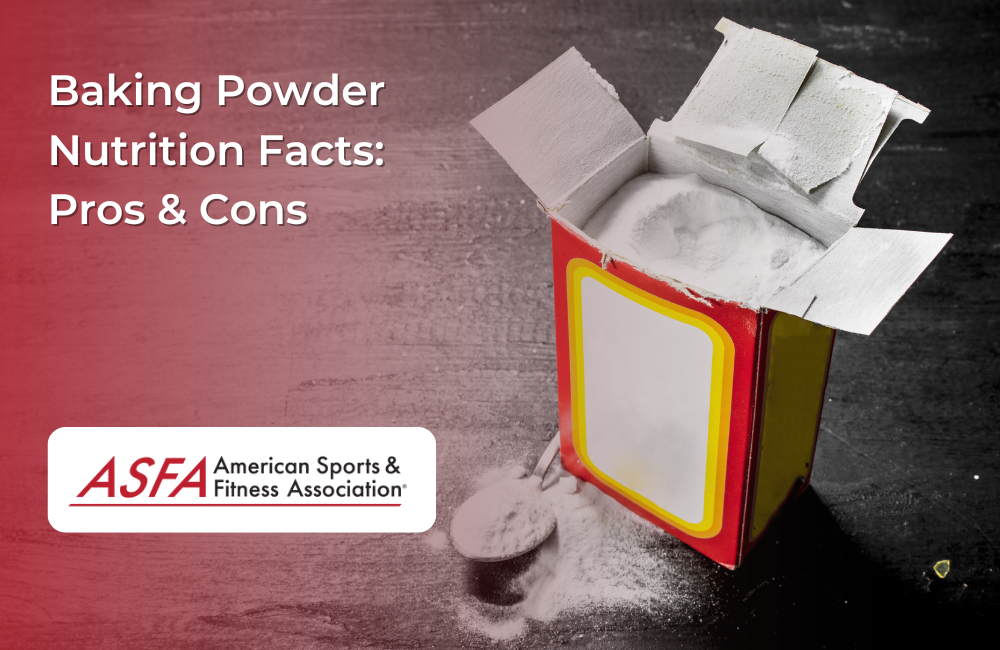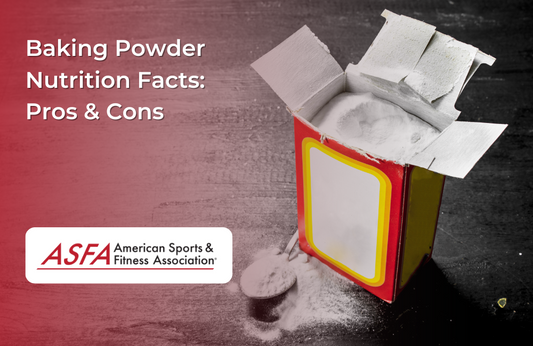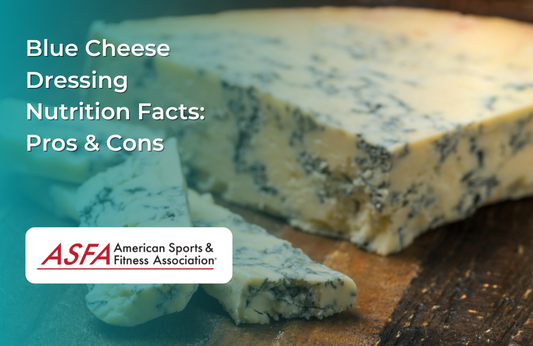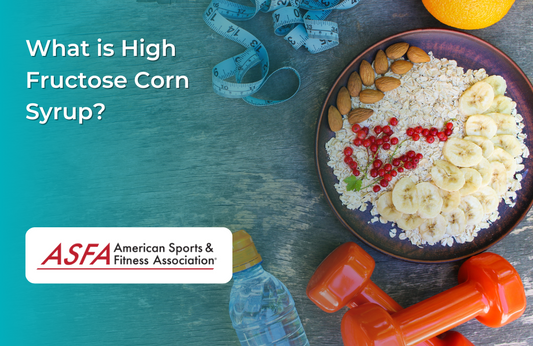Baking powder is a common leavening agent used in baking to help doughs and batters rise. It is a combination of baking soda, an acid (such as cream of tartar), and a stabilizer (such as cornstarch). While baking powder itself is not consumed in large amounts, its nutritional impact and potential effects on health are important to consider. Understanding its benefits and drawbacks helps determine how it fits into a balanced diet.
Baking Powder Nutrition Facts: Pros and Cons of its Nutritional Profile
A one-teaspoon serving of baking powder contains approximately five to six calories, one to two grams of carbohydrates, and no fat or protein. It is high in sodium, providing around three hundred to five hundred milligrams per teaspoon, depending on the brand. Some varieties contain added aluminum compounds, which act as stabilizers in certain baking formulas. Baking powder does not provide significant vitamins or minerals, but it plays a crucial role in the texture and structure of baked goods. Sodium acid pyrophosphate is one of the acids used in baking powder, which interacts with baking soda during the leavening process, contributing to the secondary leavening stage that occurs when the dough is heated.
What is Baking Powder?
Baking powder is a versatile leavening agent that plays a crucial role in baking by helping dough rise. It is a carefully balanced mixture of baking soda (sodium bicarbonate) and an acid, typically cream of tartar. This combination is designed to release gas more slowly over time, allowing for a longer leavening period. This makes baking powder particularly suitable for recipes that require a slower rise, such as cakes and muffins. Unlike baking soda, which needs an additional acidic ingredient to activate, baking powder contains both the base and the acid, making it a convenient choice for recipes that do not include other acidic components. The chemical reaction between the baking soda and the acid in the baking powder produces carbon dioxide gas, which helps the dough rise and achieve a light, fluffy texture.
Nutrition Facts
A teaspoon (4.6g) of double-acting baking powder contains approximately 2.4 calories, 1.1 grams of carbohydrates, and no fat or protein. While it may not contribute significantly to your daily caloric intake, it does contain sodium carbonate, which can help neutralize stomach acid and provide relief from heartburn. This makes baking powder not only a valuable ingredient in baking but also a potential aid for digestive discomfort. However, it’s important to use it in moderation to avoid excessive sodium intake.
Pros of Double Acting Baking Powder
Baking powder helps doughs and batters rise, creating light and fluffy textures in baked goods. It provides convenience as a ready-to-use leavening agent, eliminating the need for separate acidic ingredients. Some baking powder varieties are aluminum-free, reducing concerns about potential exposure to aluminum compounds. It allows for egg-free and yeast-free baking alternatives, making it useful for certain dietary preferences or restrictions. When used in small amounts, baking powder contributes minimal calories to recipes while improving texture.
Cons of Leavening Agents
Baking powder is high in sodium, which may contribute to high blood pressure if consumed in excess, particularly in processed baked goods. Some brands contain aluminum-based compounds, which some individuals prefer to avoid due to concerns about long-term health effects. Overuse of baking powder in recipes can result in an unpleasant metallic or bitter taste. While it is a functional ingredient, it does not provide significant nutritional benefits or essential nutrients. Some individuals may experience digestive discomfort if large amounts of baking powder are accidentally consumed due to its reaction with stomach acids.
Comparison to Other Leavening Agents
Baking powder is often compared to other leavening agents like baking soda and yeast. Baking soda, or sodium bicarbonate, is a simple base that requires an acidic ingredient to activate and produce carbon dioxide gas. In contrast, baking powder is a combination of a base and a dry acid, allowing it to undergo a double-acting leavening process. This means it releases gas at two different stages: once when mixed with wet ingredients and again during baking.
Yeast, on the other hand, is a live organism that leavens dough through fermentation, a biological process that produces carbon dioxide gas over a longer period. This makes yeast ideal for bread and other baked goods that benefit from a slow rise.
In terms of health benefits, baking powder has been shown to have some positive effects, particularly for individuals with chronic kidney disease. Studies suggest that sodium bicarbonate, a key component of baking powder, can help preserve kidney function in those with this condition. However, it’s crucial to note that consuming too much baking soda can have adverse health effects, including potential damage to the kidneys, liver, and heart. Drinking baking soda mixed with water can help neutralize stomach acid and relieve heartburn, but excessive intake can lead to toxicity and other health issues.
Conclusion
Baking powder is a useful ingredient that improves the texture and rise of baked goods, making it an essential component of many recipes. While it does not provide significant nutritional value, it plays an important role in food preparation. Its high sodium content and potential aluminum compounds should be considered when choosing brands or consuming baked goods regularly. Using it in moderation and selecting aluminum-free varieties when possible ensures a more health-conscious approach to baking.
FAQs
Is baking powder bad for you?
Baking powder is safe when used in normal amounts for baking, but excessive consumption may contribute to high sodium intake or digestive discomfort.
Does baking powder contain gluten?
Most baking powder brands are gluten-free, but checking labels is important for those with gluten sensitivities or celiac disease.
Can baking powder be substituted in baked goods recipes?
Yes, baking soda combined with an acidic ingredient such as lemon juice or vinegar can be used as a substitute, though proportions must be adjusted.
Does baking powder contain aluminum?
Some brands contain aluminum-based compounds, but aluminum-free options are available for those looking to avoid it.
How much baking powder is safe to consume?
Baking powder is typically used in small amounts in recipes, which are safe for consumption. Large amounts consumed directly can cause digestive issues and should be avoided.





